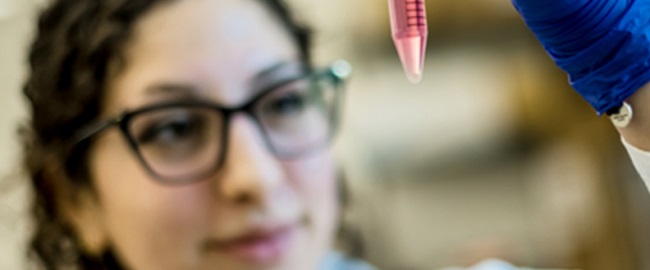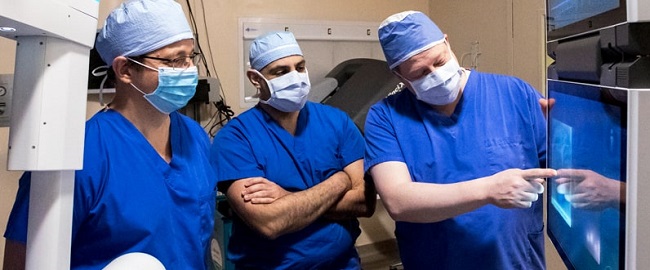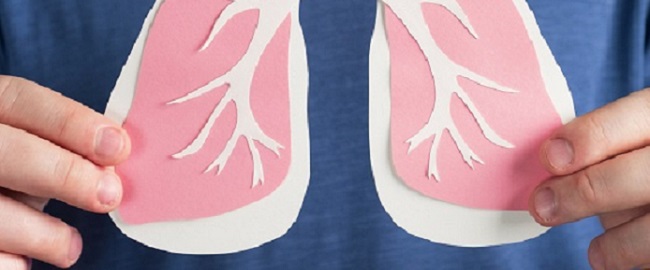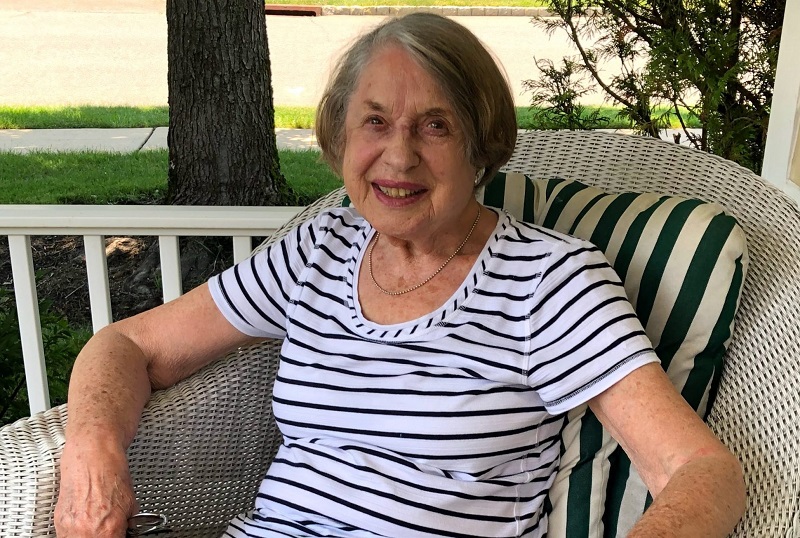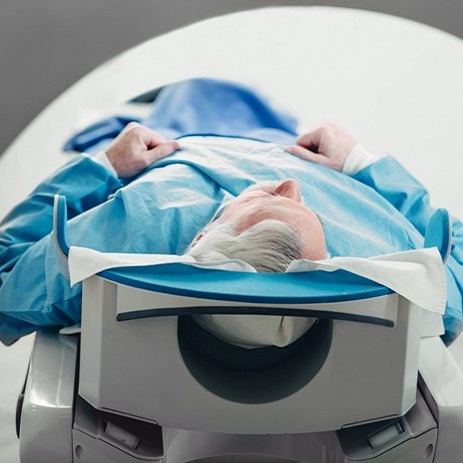Lung Cancer Treatment at Hackensack Meridian Health
Accurately diagnosing and treating lung cancer requires an experienced team equipped with advanced tools and technology. At Hackensack Meridian Health, our lung cancer specialists use state-of-the-art imaging, robotic-assisted biopsy, and genetic profiling to provide a precise diagnosis. You’ll receive a personalized treatment plan tailored to your specific type of lung cancer, ensuring the best possible outcome.What is Lung Cancer?
Lung cancer is the second most common cancer in both men and women in the United States. It occurs when cells in one or both lungs grow abnormally and uncontrollably, forming cancerous tumors. The biggest risk factor for developing lung cancer is cigarette smoking, but other factors include:
- Tobacco use
- Exposure to secondhand smoke
- Asbestos or radon exposure
- Family history of lung cancer
At Hackensack Meridian Health, we are committed to providing advanced, personalized care to help you overcome lung cancer, no matter the cause.
What are the Symptoms of Lung Cancer?
Lung cancer often does not cause symptoms in its early stage. Over time, symptoms can develop. You should talk to your doctor if you have one of the following symptoms, which may be a sign of lung cancer or another lung condition:
- Chest pain
- Coughing up blood
- Cough that does not improve
- Hoarseness in your voice
- Shortness of breath
- Wheezing




